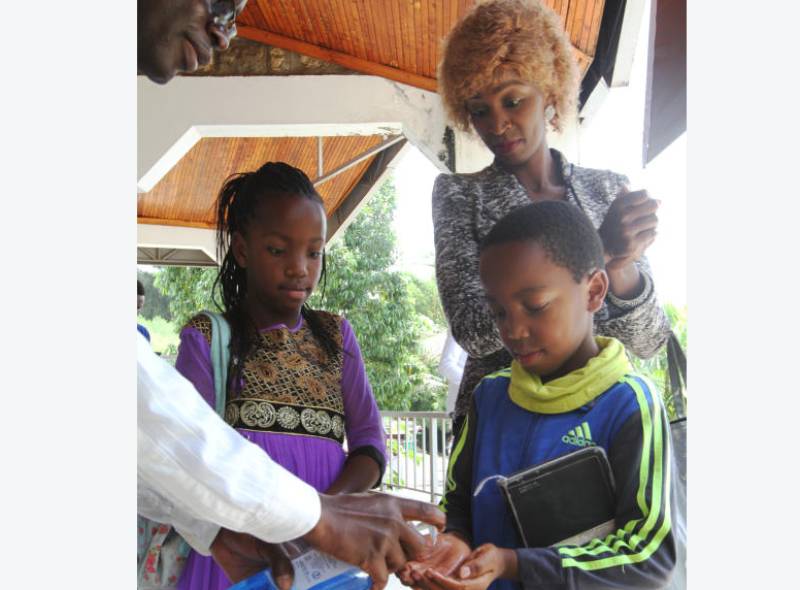×
The Standard e-Paper
Fearless, Trusted News

Social places have engaged high gear to stem the spread of coronavirus.
Just a day after the government announced the first case of the disease in Kenya, religious institutions in Nairobi have put in place measures to curb possible transmission among faithful.